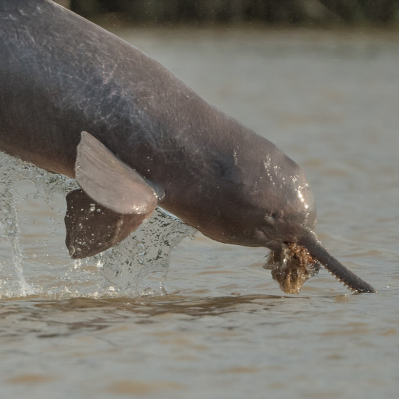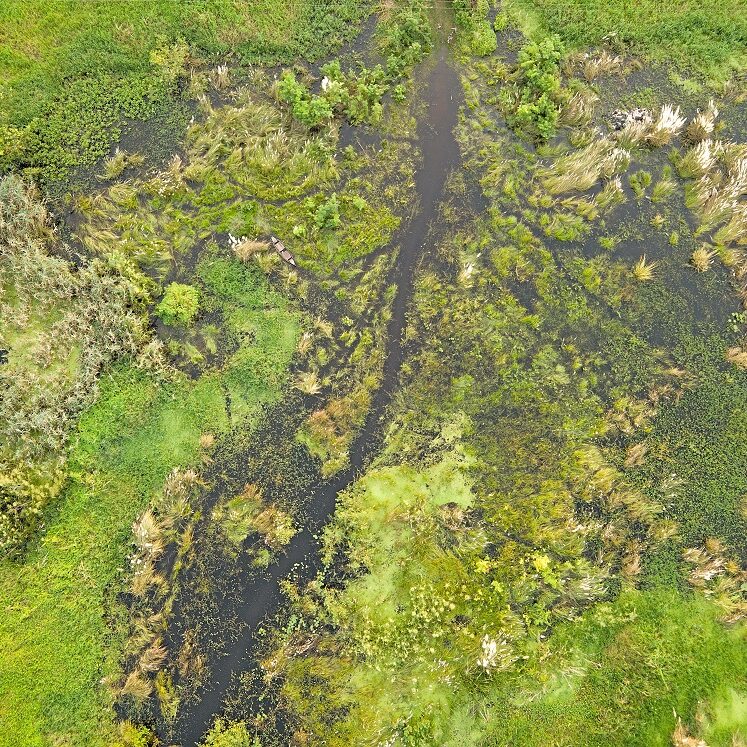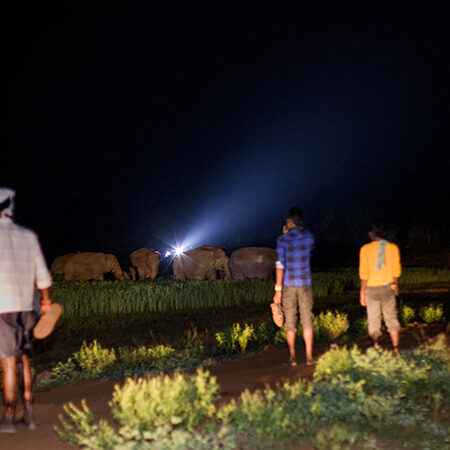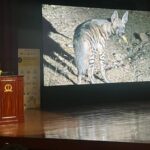Our Vision
HEAL envisions a world where nature thrives, wildlife coexists with humans, and ecosystems remain resilient
Our Mission
Preserving biodiversity and safeguarding the environment through proactive conservation efforts, innovative research, and collaborative stakeholder engagement
Our Initiatives

Projects and campaigns aimed at minimising direct threats to species surviving in human-dominated landscapes

Efforts to safeguard critical wildlife habitats that support biodiverse communities but lack legal safeguard from exploitation

Interventions that resolve and reduce the incidence of negative encounters between people and wildlife to foster healthy coexistence
Explore Projects
Monitoring Hunting Festivals of 2023
April - May 2023 | Species Protection
HEAL's relentless efforts to avert the yearly mass carnage of protected wildlife that is pushing South Bengal's wildlife to the brink.
Know more
Illegal Trade in Migratory Birds
December 2022 - April 2023 | Species Protection
Thousands of migratory birds in Central West Bengal would fall victim to the local demand for wild bird meat. HEAL stepped in to bring this destructive trade to a halt.



